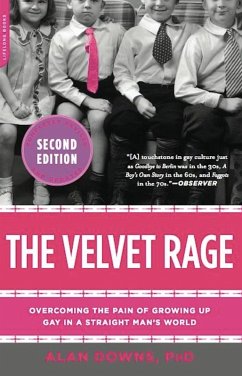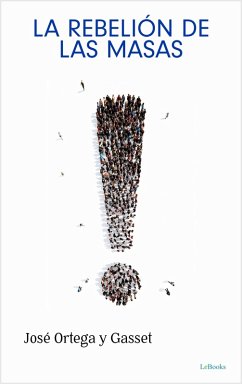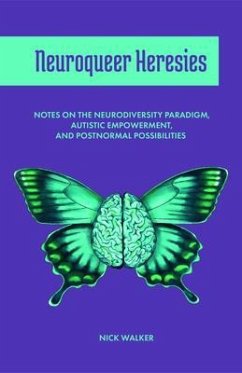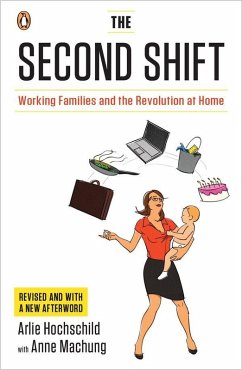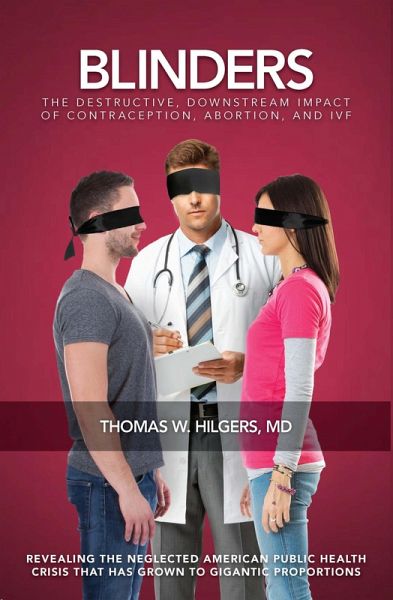
Blinders (eBook, ePUB)

PAYBACK Punkte
8 °P sammeln!
Over the last 50 or 60 years, there has appeared a directional shift in the medical and social culture of the United States. We see it in the news programs every night, sometimes several times a night. Often there are generic reasons given for these changes such as "e;poverty and hopelessness."e; But could there be other reasons? Could the medical profession be playing an important role in the violence and destructiveness of this cultural shift? Has there been any critical self-examination by the medical profession which usually demands evidence-based conclusions to be assessed? Or are...
Over the last 50 or 60 years, there has appeared a directional shift in the medical and social culture of the United States. We see it in the news programs every night, sometimes several times a night. Often there are generic reasons given for these changes such as "e;poverty and hopelessness."e; But could there be other reasons? Could the medical profession be playing an important role in the violence and destructiveness of this cultural shift? Has there been any critical self-examination by the medical profession which usually demands evidence-based conclusions to be assessed? Or are there some questions that are too difficult for individuals to investigate, not because it's impossible to investigate them, but because it can be painful and because the attitudes of a collective group of colleagues may be preventing these questions from being asked. It is as if we have BLINDERS on!This book makes an attempt to address some new questions that have rarely been asked but should be. This book, with a full-color interior, takes an objective look at data that has been produced by mostly government-based statistical gathering systems, some published in peer-reviewed medical journals and even some in news reports.
Dieser Download kann aus rechtlichen Gründen nur mit Rechnungsadresse in A, B, BG, CY, CZ, D, DK, EW, E, FIN, F, GR, HR, H, IRL, I, LT, L, LR, M, NL, PL, P, R, S, SLO, SK ausgeliefert werden.





